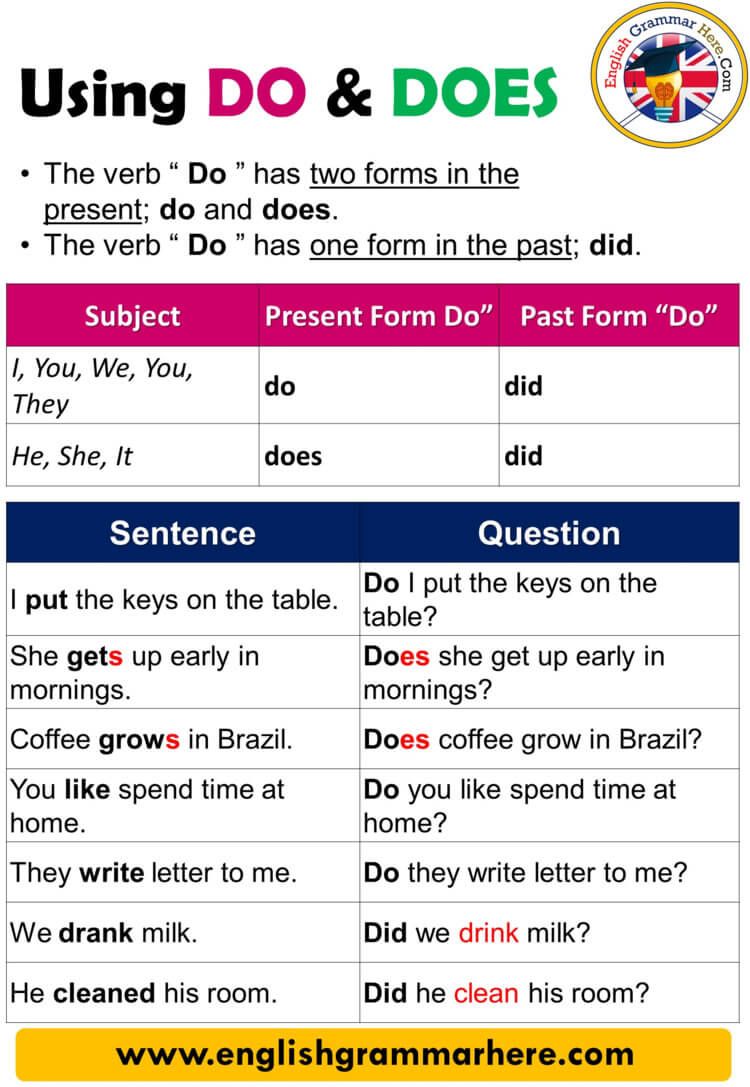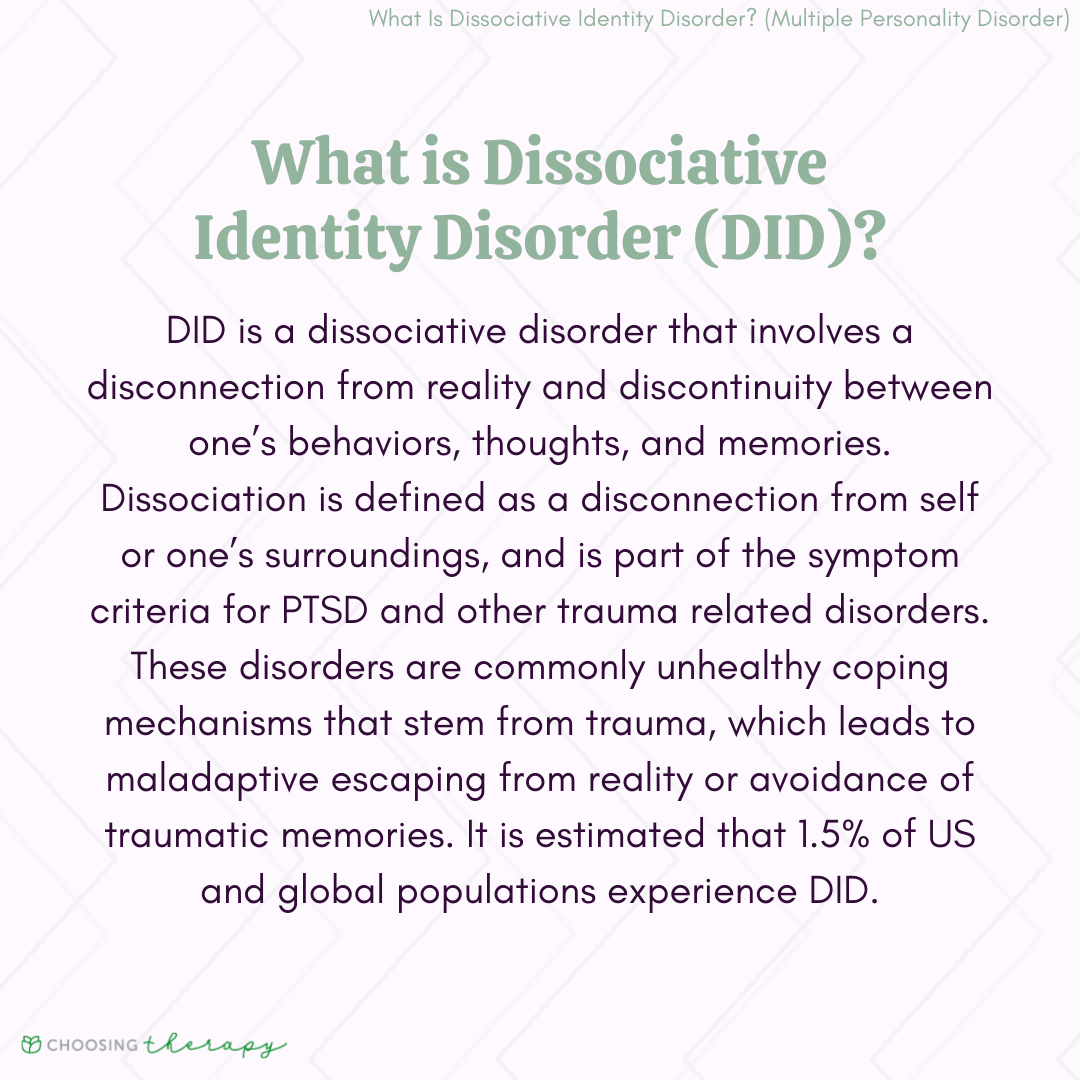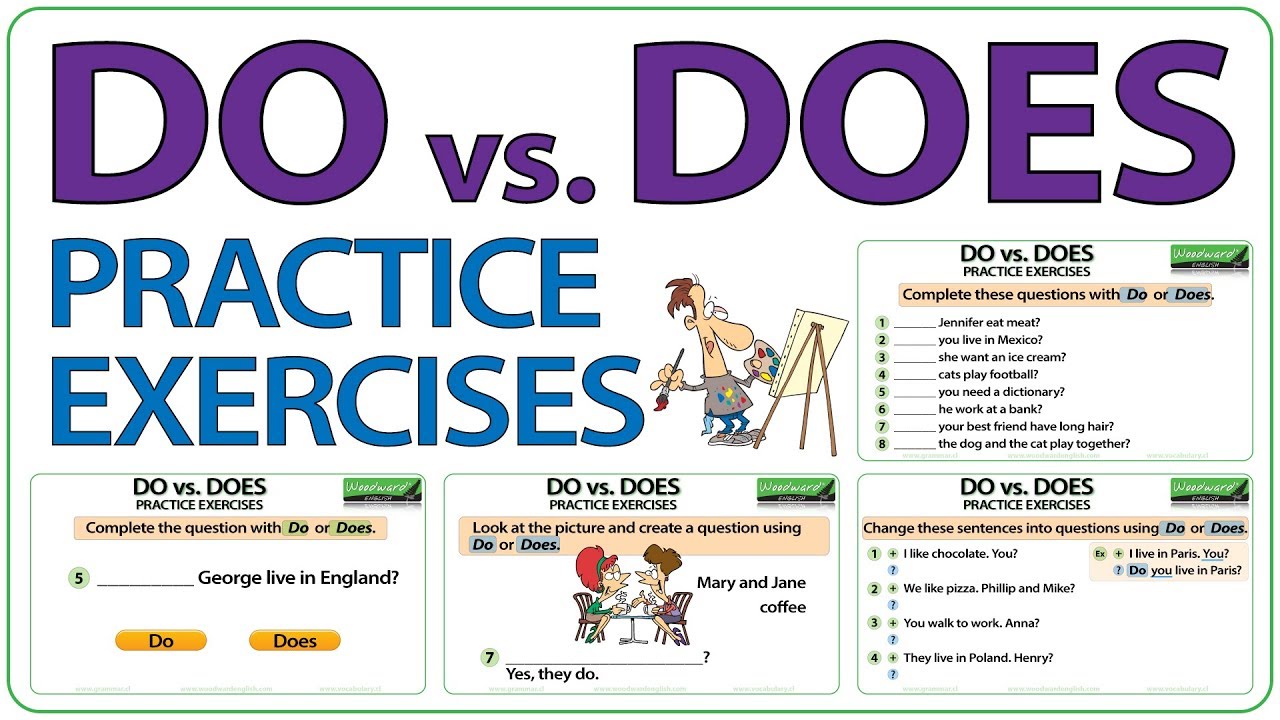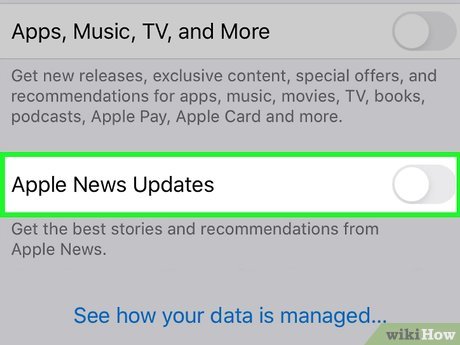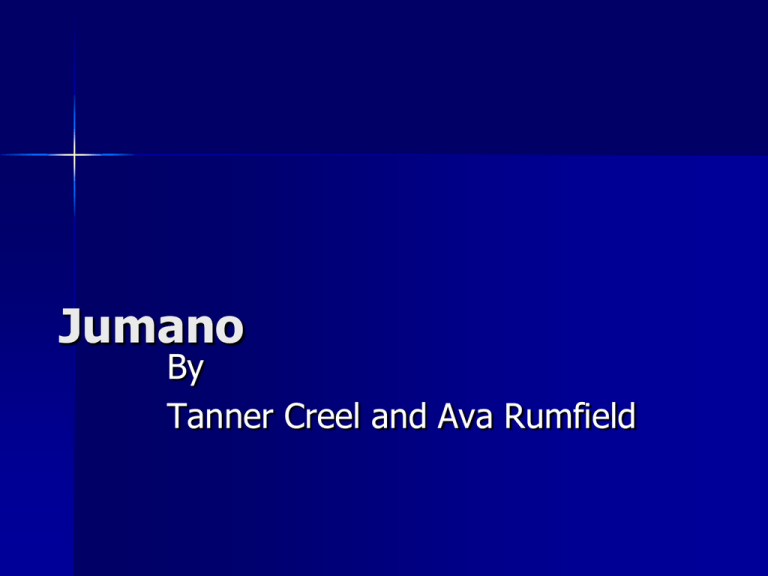Unlocking Your Future: Career Paths and Opportunities with a Master’s in Elementary Education
Overview: The Value of a Master’s in Elementary Education
A master’s degree in elementary education offers much more than advanced classroom skills. It is a gateway to diverse, rewarding careers both inside and beyond the traditional school setting. Whether your goal is to deepen your teaching expertise, transition into leadership, or explore specialized or consulting roles, this degree equips you with critical knowledge and practical tools for long-term growth and impact. [1]
Core Career Pathways: What You Can Do with a Master’s in Elementary Education
1. Elementary School Teacher
While a bachelor’s degree is typically the minimum requirement for teaching at the elementary level, a master’s degree can significantly enhance your qualifications. Graduates are often eligible for higher salaries, increased responsibility, and preferred candidacy for teaching roles. According to the U.S. Bureau of Labor Statistics, elementary school teachers earn an average of $61,690 annually, with the top 10% earning more than $101,310. [1] How to access teaching positions: To become a licensed elementary teacher, you must meet your state’s certification requirements. This typically involves:
- Completing a state-approved teacher preparation program
- Passing required state exams
- Applying through your state’s teacher certification board (search for your state’s Department of Education online for details)
Many universities offer career placement support and guidance on licensure. For the best results, contact your program’s career services office or your state’s Department of Education.
2. Elementary School Principal
A master’s degree in elementary education can lead to administrative leadership roles, such as principal. Principals oversee daily school operations, manage staff, develop curriculum standards, and coordinate with parents and the community. The median annual wage for principals is $101,320, with some earning over $158,770. [1] How to become a principal: You will typically need:
- Several years of teaching experience
- An advanced degree (master’s or higher, sometimes in educational leadership or administration)
- Principal or administrator licensure (requirements vary by state-check your state’s Department of Education website)
Administrative roles require strong leadership, communication, and organizational skills. Many universities offer specialized master’s tracks or certificates in educational leadership for those pursuing this path.
3. Instructional Coordinator or Curriculum Specialist
Graduates with expertise in curriculum design and pedagogy may pursue roles as instructional coordinators. These professionals develop, implement, and evaluate educational programs and teaching standards. They work closely with teachers to improve curriculum effectiveness and student outcomes. [1] [2] How to access curriculum careers:
- Seek out district-level openings for curriculum specialists or instructional coordinators
- Highlight your experience with curriculum development, assessment, and teacher training in your application
- Some states require additional certification-verify requirements on your state’s official Department of Education website
4. Education Consultant
Education consultants advise schools, districts, or educational organizations on best practices, instructional methods, and policy implementation. Their work may include curriculum evaluation, teacher training, or program assessment. [2] How to get started as a consultant:
- Build a portfolio of expertise in curriculum, assessment, or school improvement
- Network with educational organizations, school districts, or consulting firms
- Look for openings on educational job boards or through professional associations such as the Association for Supervision and Curriculum Development (ASCD)
5. Special Education Director or Early Childhood Education Director
Special education directors oversee programs serving students with disabilities, while early childhood directors manage preschools or daycare centers. Both roles require leadership, compliance with regulations, and staff management. Salaries can be substantial, especially in larger districts or private organizations. [3] How to access director roles:
- Obtain relevant experience in special education or early childhood settings
- Complete any required certifications for administrators or directors in your state (search your state’s Department of Education or Child and Family Services agency for requirements)
- Apply for director positions through school districts, early childhood centers, or non-profit organizations
6. Academic or Student Dean
With experience and a master’s degree, you can transition into roles as a dean of students or academic dean at K-12 schools or even post-secondary institutions. Responsibilities typically include student discipline, support, and academic program oversight. [2]
7. School Counselor
Many states require a master’s to work as a school counselor. Counselors support students’ social, emotional, and academic growth. They also help families navigate school services. [4] How to become a counselor:
- Earn a master’s degree in counseling or a related field
- Complete supervised clinical experience
- Apply for state licensure-visit your state’s Department of Education website for detailed requirements

Source: dreamstime.com
Additional Pathways and Alternative Careers
A master’s in elementary education is highly versatile. Other possibilities include instructional design, academic publishing, education technology, nonprofit program management, and corporate training roles. These fields value expertise in curriculum, pedagogy, and assessment. To explore these options, search for job postings on educational job boards, LinkedIn, or through professional networks.
Professional Development and Advancement
Advanced degrees also provide pathways to professional development:
- Qualify for additional certifications (reading specialist, ESL, gifted education, etc.)
- Participate in educational research, policy work, or advocacy
- Engage with professional organizations such as the National Education Association (NEA), ASCD, or local teacher associations
Continuing education, attending workshops, and networking are essential for expanding your career options.
Step-by-Step Guidance to Access Opportunities
- Identify Your Career Goals: Decide if your interests lie in classroom teaching, leadership, specialized instruction, or consulting.
- Meet Certification and Licensure Requirements: Research your state’s Department of Education for specific requirements. Complete any additional testing or coursework as needed.
- Develop Your Resume and Portfolio: Highlight your master’s coursework, student teaching, and any special projects or research.
- Network and Leverage Professional Resources: Join professional organizations, attend industry events, and connect with other educators and administrators.
- Apply for Positions: Use school district job boards, education-focused career sites, and professional networks. If seeking leadership or consulting roles, emphasize your experience with curriculum, assessment, and team leadership.
- Pursue Ongoing Professional Development: Stay current through workshops, continuing education, and active engagement with educational trends and research.
For personalized guidance, consider contacting your university’s career services office, local school district HR departments, or professional associations for support and resources.
Potential Challenges and Solutions
Transitioning to leadership or specialized roles may require additional certifications or experience. If you lack direct experience, seek out volunteer opportunities, professional development workshops, or mentorship programs. Some roles-such as principal or director-require state-specific credentials, which may involve further coursework or exams. Always check with your state’s official education agency before making career changes.
Alternative Approaches
If you are interested in education but do not want to remain in school settings, consider adjacent fields such as:

Source: juniorsilveira.com.br
- Nonprofit program management (youth programs, afterschool enrichment)
- Corporate training and development
- Education-focused publishing or technology
These roles often value the same core skills developed through a master’s in elementary education, including curriculum development, instructional design, and program evaluation.
Key Takeaways
A master’s in elementary education opens the door to a broad spectrum of impactful careers. Whether your passion is teaching, leadership, counseling, or consulting, this degree provides the skills and credentials to advance in today’s educational landscape. To access these opportunities, leverage your degree, meet required certifications, and stay engaged in professional development. For official licensure and certification information, always consult your state’s Department of Education website or contact your university’s program advisors for guidance.
References
- [1] University of Bridgeport (2024). What Can You Do With a Master’s in Elementary Education?
- [2] Worcester State University (2024). Careers with an M.Ed. in Elementary Education
- [3] University of Bridgeport (2024). High-Paying Master’s in Elementary Education Jobs
- [4] Point Loma Nazarene University. What Can You Do with a Master’s in Education?
MORE FROM oncecoupon.com


